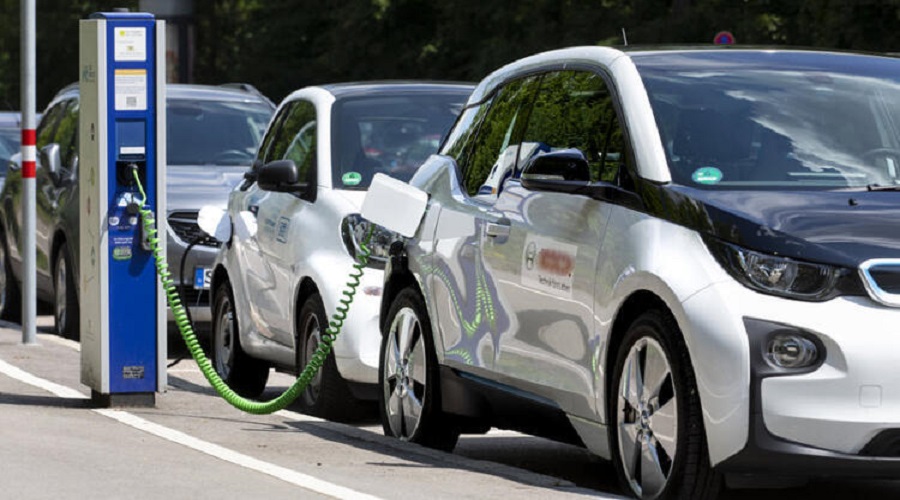KATHMANDU: In a notable trend, Nepal has imported a total of 3,870 electric vehicles (EVs) during the first 11 months of the current fiscal year.
According to the Department of Customs (DoC), this import endeavor incurred an expenditure of Rs 11.23 billion from mid-July 2022 to mid-June 2023. As a result, the government received customs duties amounting to Rs 3.05 billion.
Out of the imported EVs, 3,752 units had a capacity of up to 100 kW, and the total expense for these vehicles accounted for Rs 10.77 billion.
Additionally, 106 EVs fell within the 100-200 kW capacity range, which amounted to a cost of Rs 397.40 million. Moreover, 10 EVs imported belonged to the 200-300 kW capacity range.
The current fiscal year has witnessed a significant increase in the import of EVs with a capacity of up to 100 kW. This surge can be attributed to the government’s decision to reduce taxes on entry-level EVs while simultaneously raising taxes on high-end models. Comparatively, in the previous fiscal year (FY 2078/79), only 1,807 electric vehicles were imported.
Furthermore, after the government’s budget announcement for FY 2023/24, which included a reduction in tax rates on EVs ranging from 100 to 200 kW, the import of vehicles within this segment experienced an upsurge.
DoC records reveal that Nepal imported 915 EVs within this range in just one month, spanning from mid-May to mid-June.
To meet the high demand for entry-level vehicles in Nepal, the government has increased customs and excise duties by up to 15 percent.
Specifically, customs duties on electric cars with a capacity between 50 and 100 kilowatts have increased by 5 percent, while excise taxes have risen by 10 percent.
Conversely, customs duties and excise taxes on vehicles with a capacity between 100 and 200 kW have been reduced from 30 to 20 percent.
Similarly, the customs duty for EVs in the 200-300 kW range has been lowered to 30 percent from 45 percent, and the excise duty has been reduced to 20 percent from 30 percent.
For vehicles with a capacity exceeding 300 kW, the customs duty remains at 40 percent, maintaining its previous range of 45 to 60 percent. Similarly, the excise duty for this category of EVs remains at 45 percent.

